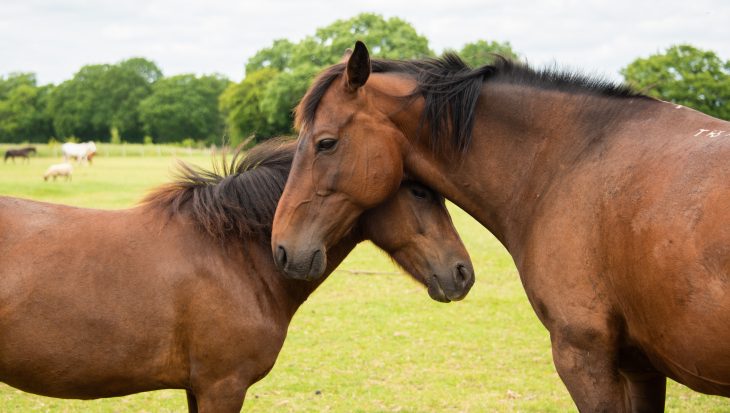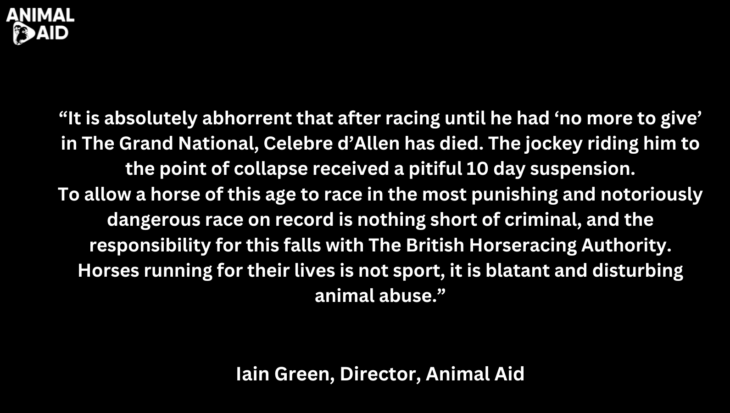It is now evident that, overall, this European legislation will (for the time being) maintain the status quo with regard to UK animals in laboratories. We can be relieved, however, that lobbying from pro-vivisection interests, during both the formulation and transposition phases, has not resulted in substantially weakened animal protection. We must also be mindful that the Directive represents considerable progress in many European countries. Additionally, there is clear potential for a committed government to work towards real decreases in the number of animals used. Animal Aid, and our allies in the animal protection sector, will ensure that these prospects are pursued with due vigour.
Our position throughout this process has been that all research using animals is cruel and medically irrelevant. Despite the UK’s much lauded ‘high welfare standards’, all manner of animal abuse in laboratories still continues, and patients continue to be let down by the persistent failure of animal experiments to deliver meaningful progress for human healthcare.
It was always clear, however, that the Directive could never be a vehicle to ban these practices. Nevertheless, we chose to maintain a dialogue with the legislators in order to extract the best deal possible for animals. Our campaigning activities have never been compromised by this stance. We believe that, under the circumstances, the animal protection groups and their supporters have achieved some important objectives.
These include:
- Ensuring that there will be no downgrading of existing UK welfare standards where they are higher than the minimum requirements. It is clear that the government does not now intend to relax the vast majority of care and accommodation requirements for animals kept in laboratories.
- A legal requirement to implement non-animal methods. The Government must transpose the Articles in the Directive that require Member States to ‘ensure that a scientifically satisfactory, non-animal method or testing strategy is used wherever possible and that the number of animals used is reduced to a minimum consistent with the objectives of the project’. Furthermore, the use of animals in a procedure if such an alternative is recognised by EU legislation will be expressly prohibited.
- Ensuring that more experiments are audited, by authorities with no overt conflict of interest. The Directive creates a requirement (not previously present in UK law) for the retrospective assessment of projects using non-human primates, as well as procedures classified as ‘severe’. The government plans to extend this mandatory requirement to all specially protected species (cats, dogs and horses, as well as non-human primates). Other projects will be assessed on a case-by-case basis. Despite lobbying from the bioscience sector, project evaluation will not be delegated to the new Animal Welfare Bodies, due to their inevitably strong ties with the experimenters.
- ‘Thematic reviews’ of specific types of experiment aimed at setting targets for their elimination. The government will now consult further with stakeholders to develop a programme of such reviews. This, perhaps more than any other development, offers the greatest scope for reducing animal suffering.
The implementation of this Directive is now a key test for the UK government. For the first time, as indicated, it is a legal obligation to consider alternatives when deciding to sanction an animal procedure. A framework is in place to give humane research a proper consideration – an automatic resort to animal use is no longer acceptable. The current inexorable rise in UK animal experiments is clearly against the spirit of this Directive. We will be pressing the government to deliver on its commitment to bring about a reduction.

